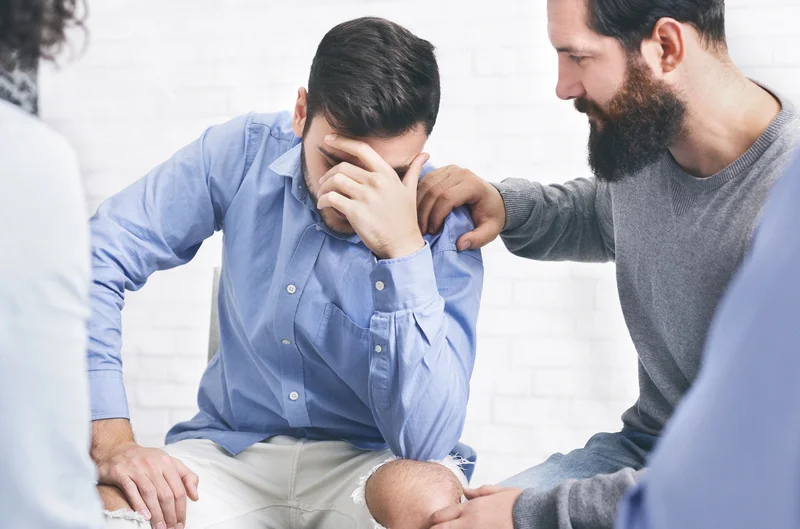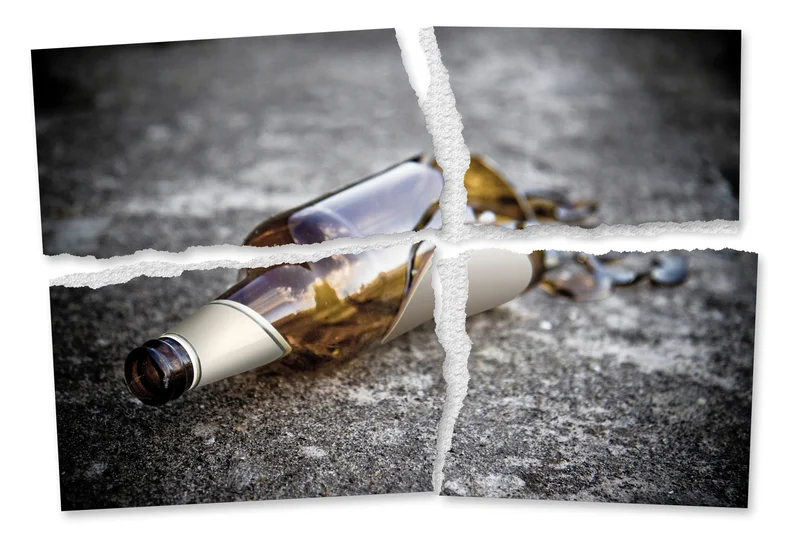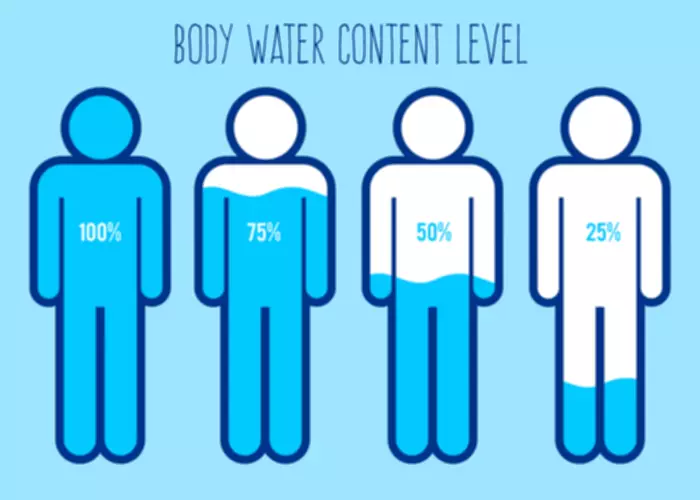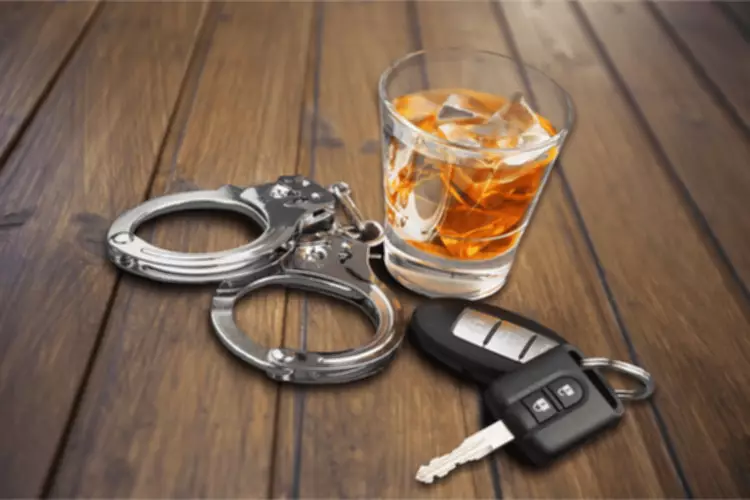
If you experience frequent or severe muscle cramps, consider consulting a healthcare professional to determine underlying causes and appropriate treatment options. It may be possible to independently manage mild alcohol withdrawal. However, it is best to contact a healthcare professional for help with severe symptoms or if there is a chance DT can occur. A person who regularly uses alcohol and then stops is at risk of severe alcohol withdrawal symptoms, including delirium tremens (DT).
Assessing Severity and Duration of Symptoms
Glutamate is an excitatory neurotransmitter, and is important to memory, cognition, and mood regulation. Without alcohol to help produce GABA and lower glutamate, your body still produces less GABA and more glutamate. Let’s dive in—and maybe, by the end, you’ll feel inspired to take a step toward a healthier, alcohol-free life. When nerve cells are damaged, it changes the way they communicate with each other and with the brain.
Rehydration and Fluid Intake
Some tests can be performed by a doctor to rule out other causes of neurologic symptoms. The alcohol will continue to circulate in the bloodstream and eventually affect other organs. This is a severe and short-term neurologic disease that can be life threatening.
Altitude Sickness and Cramps: Causes and Prevention for Hikers
- Some medications can cause severe side effects if stopped suddenly.
- Alcohol is favored by so many due to its effects on the brain’s neurotransmitters.
- This is a medical emergency that usually happens if you’ve been a heavy drinker and suddenly stop cold turkey.
- If you want to protect your eyes from wind, dust, and bright light that can irritate them and cause your eyes to twitch, you should wear sunglasses when you’re outdoors.
- When alcohol is consumed, it acts as a depressant, inhibiting glutamate receptors and enhancing GABA (gamma-Aminobutyric acid) receptors.
- Think eggs with whole-grain toast, oatmeal with fruit and nuts, or a smoothie with protein powder and spinach.
Coffee contains caffeine, a stimulant that affects the central nervous system. When consumed in excess, caffeine can lead to increased nerve excitability, which may trigger involuntary muscle contractions, including those of the eyelid. This phenomenon is often benign and temporary, but it can be annoying and distracting. Drink plenty of water throughout the day, especially when consuming coffee.

Alcohol shakes (also known as tremors or jitters) are a common symptom of withdrawal from alcohol. These tremors typically start hours after stopping drinking, worsen how to stop twitching after drinking with movement and improve after a few days. Intravenous fluids and nutritional supplements are often provided to restore electrolyte balance, prevent dehydration, and provide essential nutrients.
FAQ 8: Can stress and anxiety contribute to lip twitching after drinking alcohol?

Exercise forces muscles to work hard until they become tired, which can make it harder for them to keep working when a person does further activities. Adenosine is a neurotransmitter that promotes sleep and relaxation; by blocking its effects, caffeine enhances alertness and wakefulness. You wake up early in the morning with a pounding headache and the sunlight from your bedroom window hurting your eyes.

Consider taking a magnesium supplement, especially if you’re experiencing frequent or severe twitching. You may also need to Sober living home get tested for other medical problems that could be connected to your alcohol abuse. Moving forward, you may also need to go to patient and family counseling to discuss your alcoholism. The main goal of alcohol tremor treatment is to reduce your withdrawal symptoms, prevent any complications, and enroll in long-term treatment for alcoholism. If you undergo professional alcohol detox, you may be given certain medications to reduce symptoms, such as benzodiazepine, thiamine, or propranolol. Other conditions can cause shaking, from low blood sugar, panic attacks and anxiety to conditions like an overactive thyroid or Parkinson’s disease.

What conditions may resemble a facial tic disorder?
If twitching persists or is severe, it is recommended to consult with a healthcare professional for further guidance. If you’re experiencing twitching after drinking coffee, it may be a sign that you’re consuming too much caffeine. For someone with mild-to-moderate alcohol withdrawal symptoms, outpatient treatment might be the best course of action. Unlike regular alcohol tremors, DT is a medical emergency and can be life-threatening if it’s not treated. DT’s are less common than regular alcohol tremors, occurring in about 5 percent of patients going through withdrawal.
- People with alcohol use disorder should be monitored by a medical professional when withdrawing from alcohol.
- Alcohol is a central nervous system depressant that can interfere with sleep and cause twitching during sleep.
- It has properties that allows it to rid your blood of acid crystals.
- It is normal for babies to twitch or make sudden movements during sleep, which is known as neonatal myoclonus.
- It’s more common in people who have other alcohol-related diseases like liver cirrhosis.
Depending on how long you have used alcohol and how much you typically drink, the severity of these symptoms can range from mild to severe. In most cases, eye twitching is not a serious condition and is often classified as benign myokymia. It tends to resolve on its own after a short period, especially if triggered by lifestyle factors such as stress, fatigue, or caffeine intake. However, persistent or severe twitching episodes may warrant medical evaluation to rule out underlying conditions. Yes, eye twitching, also known as myokymia, can be triggered by various factors beyond caffeine consumption.
Moreover, nutritional deficiencies, particularly in magnesium and potassium, can also cause muscle spasms, including eye twitching. Eye strain from prolonged screen time or inadequate vision correction can lead to fatigue and twitching as well. Keeping your eyes well-rested, and ensuring you have a balanced diet rich in essential nutrients, can help mitigate these issues.
It can develop very quickly so a person with DTs needs immediate medical care. If you or someone close to you is experiencing alcohol shakes regularly, it might be time to seek professional help. While alcohol shakes are a mild withdrawal symptom, they can also be a potential sign of long-term alcohol damage. This imbalance leads to your nervous system being a bit hyperactive.

 .
.
No comment